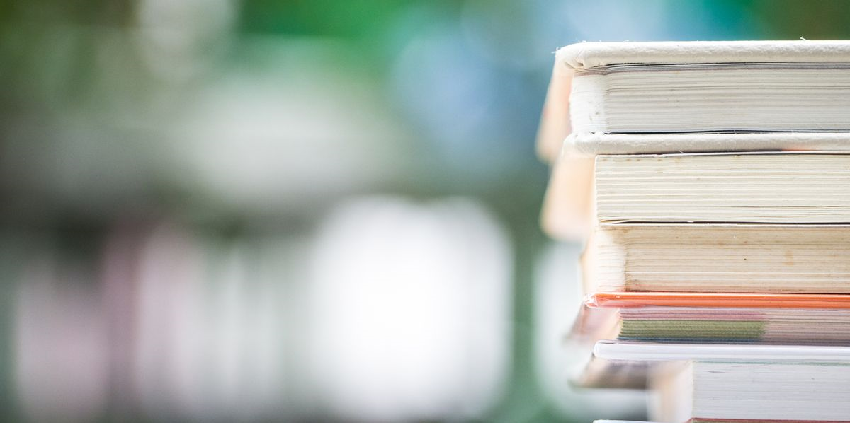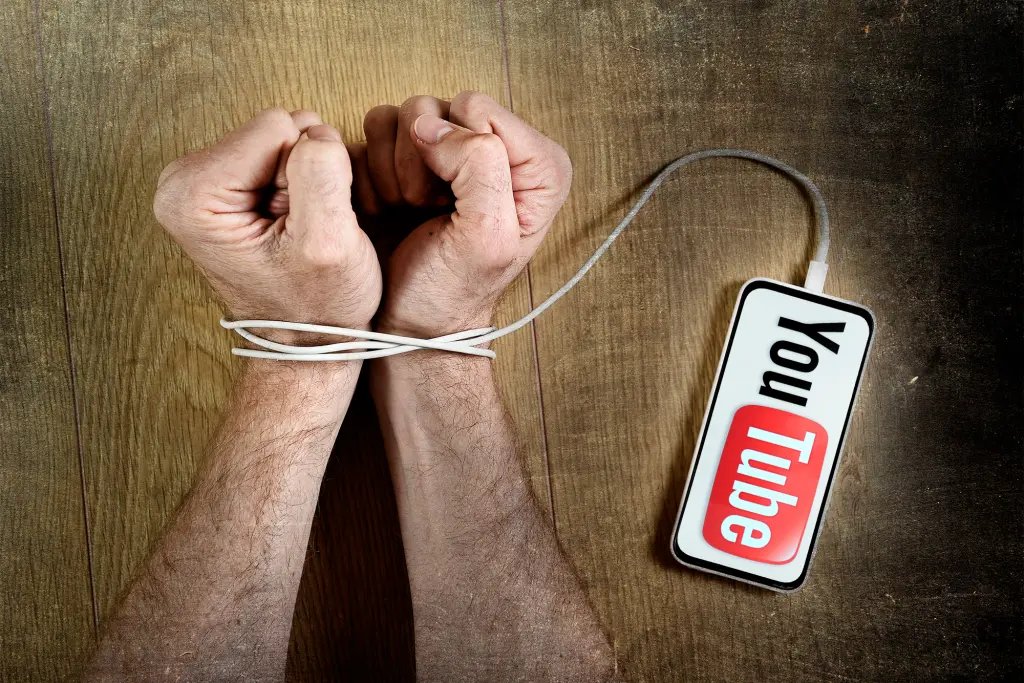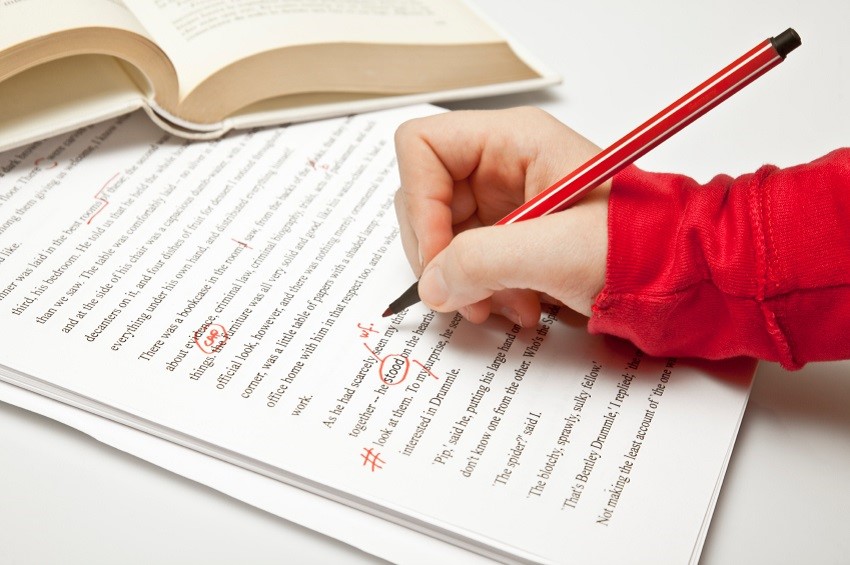
The 7 best self-improvement and self-help books
The personal development business moves hundreds of millions of dollars every year, and its maximum expression is the self-help books that populate most bookstores.
However, many of them are based on myths that have been perpetuated over time. And have never been empirically proven to be useful. This is why so many people are hooked on them without obtaining any results.
Some focus on the author’s experience without taking into account that each person has different circumstances. Others use fables that may be motivating, but that mood often fades quickly.
There are also those who, like in The Secret, abuse positive thinking to create the illusion that everything is under our control without any scientific basis behind it.
For all these reasons, in this list of the best self-help and self-improvement books. I have prioritized those whose teachings have been corroborated by scientific studies. And have proven their effectiveness in hundreds of participants.
Any of the books in this selection will give you actionable guidelines to grow on a personal level. And stop being a slave to your negative emotions. Happy reading!
7 self-help and self-improvement books that work
Be Kind To Yourself
Most self-help books focus on presenting self-esteem as the panacea for all ills. According to them, believing in your possibilities and seeing setbacks as opportunities is the way to achieve them.

Although it may seem sensible to you, there is hardly any scientific evidence for this approach. But in this book, researcher Kristin Neff presents a new concept that is revolutionizing the concept of self-esteem and has shown enormous scientific efficacy: self-compassion.
Self-compassion is about learning to forgive and treat yourself with kindness, rather than striving to improve your self-image. Although the book may be too long, it presents a true method capable of reducing depression and anxiety.
The Subtle Art Of Not Giving A Shit About Everything
One of the most recent self-help bestsellers. Despite its misleading title and the lack of scientific evidence. It offers some of the best reflections ever read in a book.
Its author is a renowned blogger, a self-made globetrotter with an enormous ability to translate feelings into words. Unlike most self-help books, excessively loaded with sugar-coated messages, he displays brutal sincerity and exemplifies each of his reflections.
It is an easy-to-read book, with sharp reflections and devoid of embellishments that impel you to reconsider your values in life. One of the greatest pillars of self-help, and that few works treat with the importance it deserves.
Question Of Confidence
A must-have book for anyone who wants to break free from their negative thoughts and emotions. This is extraordinarily practical work on commitment and acceptance therapy. An approach that has already been proven effective in numerous scientific studies.
Here you will finally understand that feelings of confidence only come after actions. And that it is impossible to feel safe before having faced your fears several times.
This goes against the main tenet of most self-help books, which encourage you to improve your self-esteem and confidence simply with the power of your mind, without action. You will also learn how to detach yourself from your negative thoughts through the practice of mindfulness.
The Power Of Now
If we talk about mindfulness, we must refer to the quintessential self-help book: The Power of Now. It is one of the biggest bestsellers worldwide, in which Tolle proposes several strategies to focus on the present moment and learn to live with your inner voice.
In this way, you will be able to reduce the feeling of guilt for the past or anxiety about the future. You will also learn to separate yourself from your mind to focus on the sensations in your body and reduce the impact of negative emotions.
It is a book with a great spiritual component, which drinks a lot from the roots of Buddhism. Despite this, the benefits of mindfulness have been widely demonstrated at a scientific level and it is a highly recommended book to read slowly.
The Antidote
If you have also verified that positive thinking is taken to the extreme and the typical “motivating” phrases of Mr. Wonderful mugs are useless, this is the first book on the list that you should read.
Told through the story of a personal journey, journalist Oliver Burkeman will show you with interviews and science why the law of attraction not only doesn’t work, it creates even more unhappiness.
Through Buddhism and Stoicism, you will learn unpopular but tremendously effective strategies to live more realistically. And by the way, he gives a sovereign kick to the self-help business. For me, this is the future of self-improvement: serious, philosophical, and science-based content.
Man’s Search For Meaning
It is about the memoirs of Viktor Frankl, an Austrian psychiatrist, and neurologist, founder of logotherapy, who between 1942 and 1945 was imprisoned in four Nazi death camps, including Auschwitz.
It is a very hard story. During his captivity, his parents, brother, and pregnant wife died. But Frankl was able to learn from that nightmare: that prisoners with a purpose were often the ones who survived.
Drawing on her own experience and that of others she later discussed in her practice, she concluded that we cannot avoid suffering, but we can choose how to deal with it, make sense of it, and move forward with renewed purpose.
The theory he presents in this book holds that our primary drive in life is not pleasure, as Freud had previously argued, but the search for what we take to be meaningful.
The Gifts Of Imperfection
I have been hesitant to include this book on the list, as some of its messages, while sound in reason, are not entirely based on scientific results.
Yet it is one of the world’s biggest self-help bestsellers and for good reason. First, it proposes an approach centered on intrinsic motivation, our values, instead of extrinsic motivation, such as validation or social acceptance. And that is one of the pillars of personal development.
It also introduces various concepts stemming from self-compassion, such as looking at ourselves as an individual who shares our joys and sorrows with the rest of humanity, and offers a series of intuition-based methods for getting rid of fear. This is a good book that covers various aspects of self-help with practical advice.
You may also be interested in The Best Novels Of All Time





